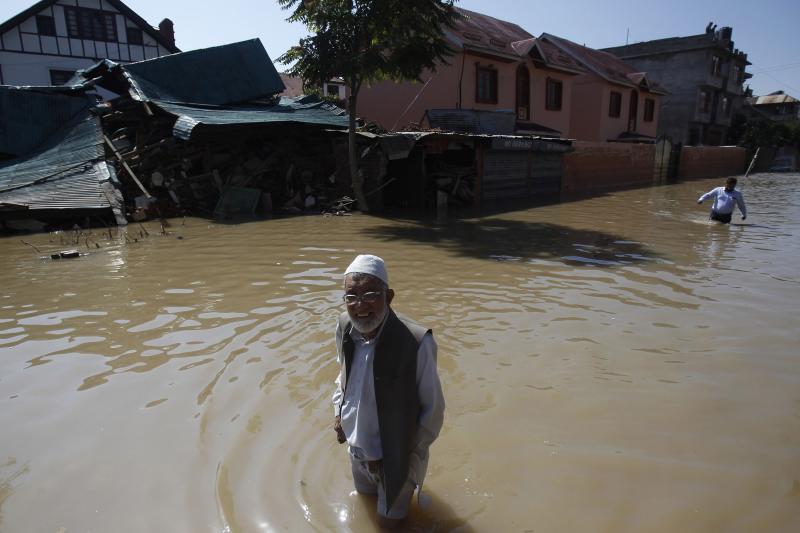×
The Standard e-Paper
Stay Informed, Even Offline

Flooding in India: COP26 is addressing itself the adverse effects of global warming by pushing for cuts on carbon emissions.
It has been almost three decades since the climate change agenda was propelled to the global stage through the creation of the United Nations Framework Convention on Climate Change (UNFCCC).